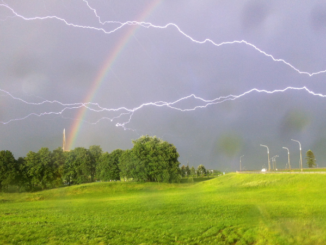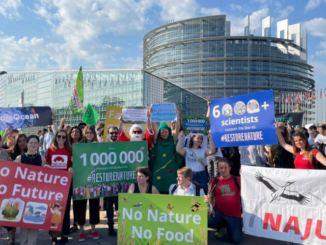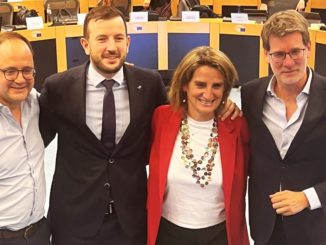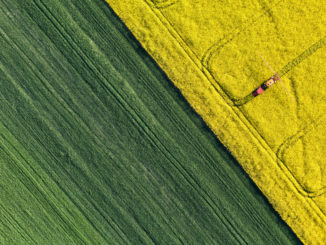
From Farmers for Farmers – and for Healthy Societies on a Planet Conducive to Life
The European Alliance for Regenerative Agriculture (EARA) is an independent, farmer-led coordination and political advocacy organization of the movement of regenerative agriculture at the European level. EARA is striving to enable the transformation of our agrifood ecosystems through accountable ecologic, economic and social regeneration. In this op-ed, EARA outlines a critique of the flawed ways it sees farming being supported currently, while offering another approach – one grounded in the biological processes of photosynthesis performance and soil cover: KPIs for a regenerative future. […]














